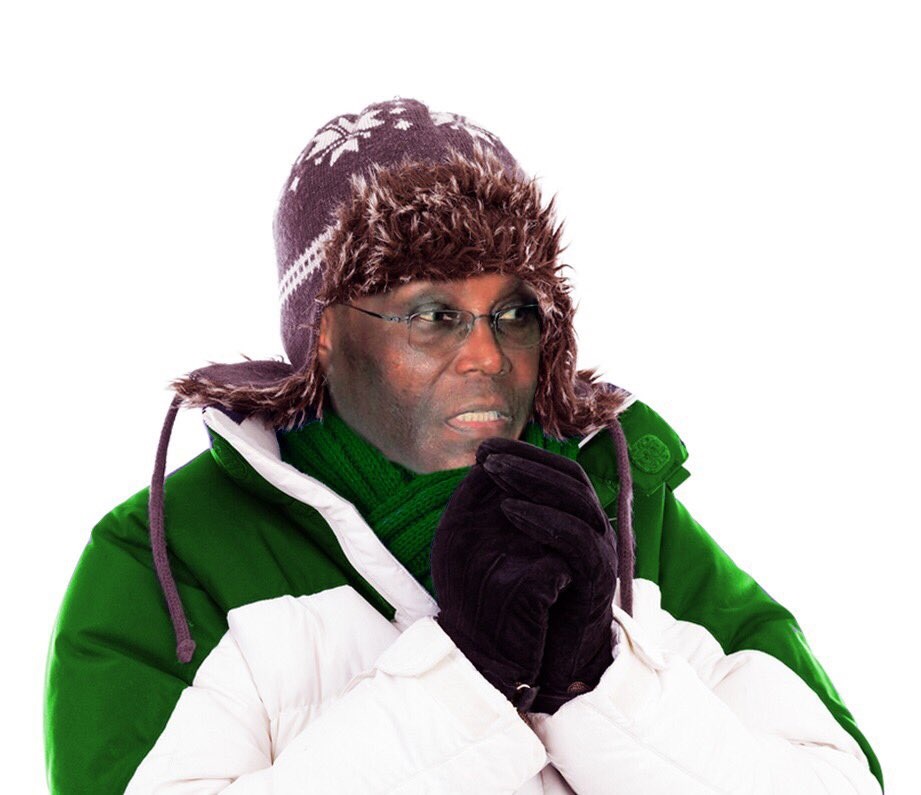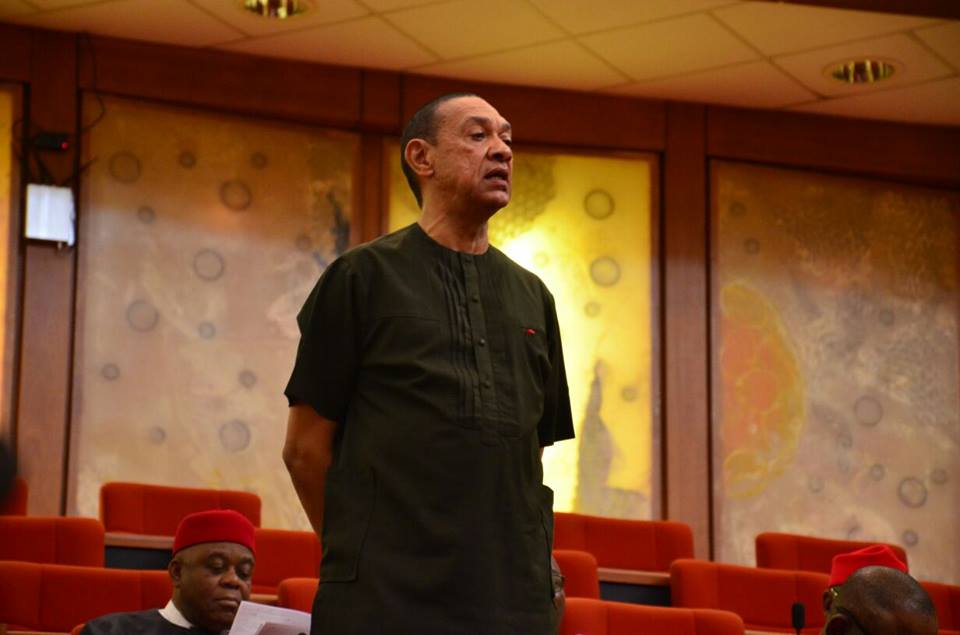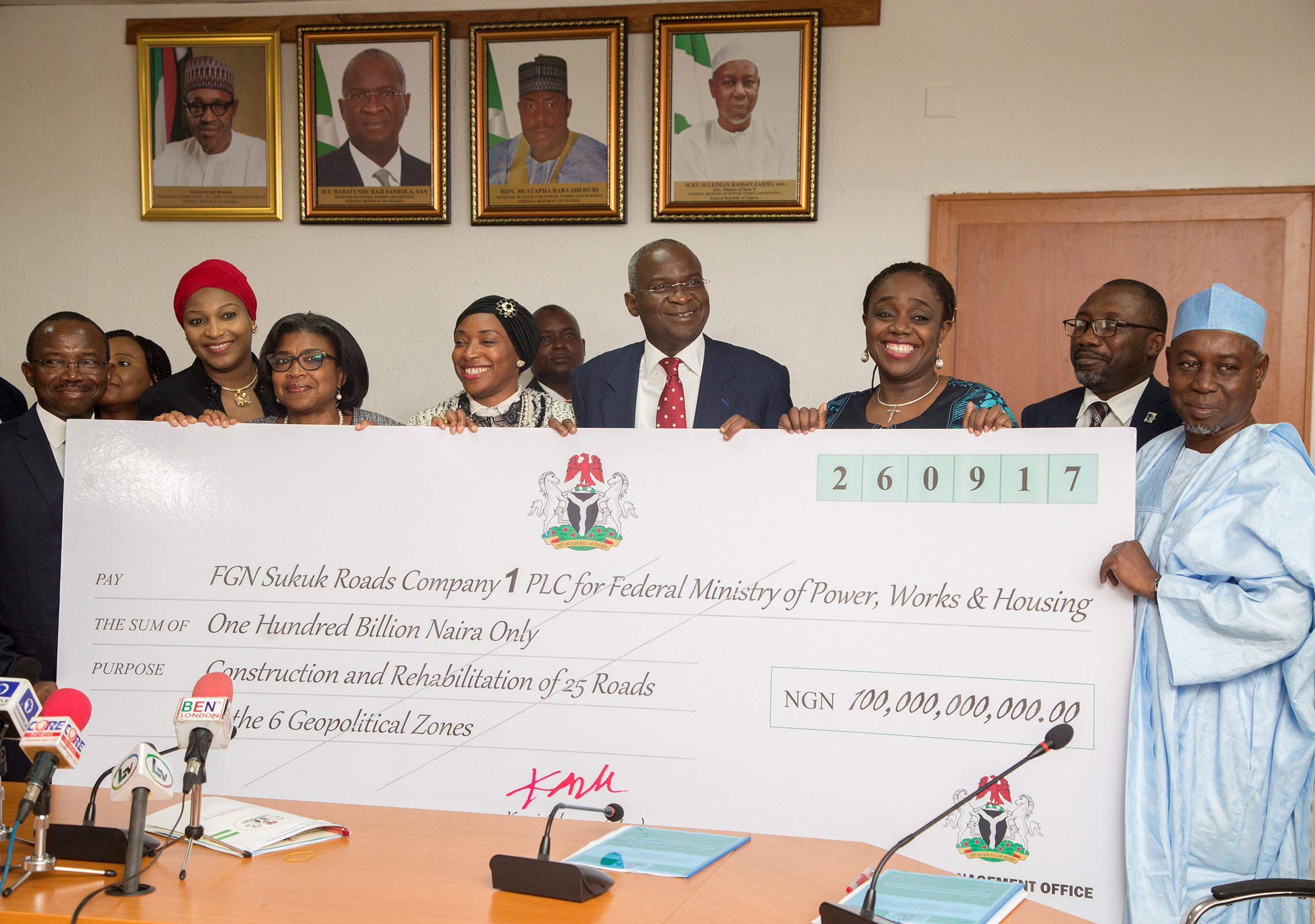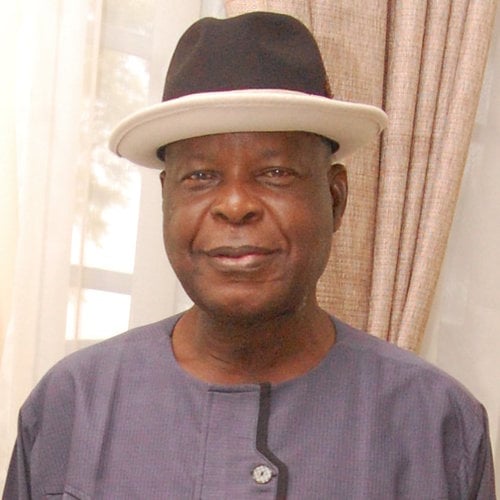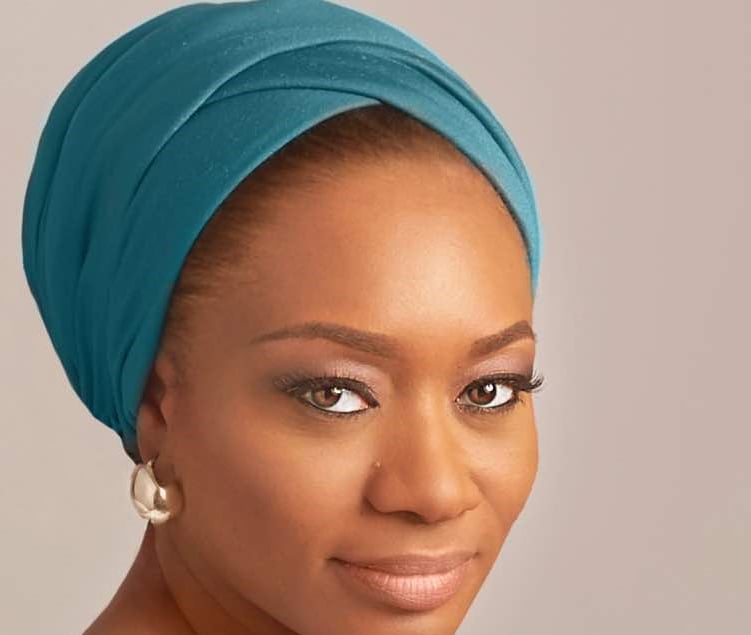A keen follower of the perennial debate on the state of the Nigerian union would have noticed some patterns by now: your diagnosis of the problem inevitably determines your prescription. If you think the problem with Nigeria is the 1914 amalgamation, your prescriptions will most likely be built around “de-amalgamation” or creating a loose union — what they call “open relationship” in the Western world. If you think the problem is federalism, you will vigorously push for “true federalism” and such like. If you think the problem is revenue allocation, you will fight for the Nigerian definition of “fiscal federalism” — by which is meant “higher derivation payment”.
If you are sold on the argument that the problem is the presidential system of government, your prescriptions will naturally focus on that. If you are convinced, like me, that the root cause of our underdevelopment is the absence of good governance, you will inevitably spend your time campaigning for quality leadership that will build strong institutions, design good systems and inspire patriotic followership. I have seen countries develop under various conditions and systems — unitary, federal, quasi-federal, presidential, parliamentary, democratic, dictatorial, homogeneous, heterogeneous, etc — but I am yet to see a country develop under poor leadership.
Your diagnosis logically determines your prescription. My bias is always evident in my writings. I always blame leadership. But I am not demanding that Nigeria should become like Japan by Christmas. I am a little realistic. All I seek is a leadership that is determined to deliver the basic things of life: potable water for the poor, hospitable hospitals for the lowly, good education for underprivileged, regular power supply and motorable roads. Pardon my naivety, but I do not think we need Sharia to end meningitis and cholera in Gusau, or balkanisation to build roads in Aba, or 1963 constitution to run good primary schools in Ibadan. But that’s me.
In any case, while we await the manifestation of the Nigeria of our dream — either the “balkanised” Nigeria, or the “1963 Nigeria”, or the “good governance” Nigeria — there are other critical issues we can devote a fraction of our energies to along the line. We just can’t fold our arms and do nothing simply because the Nigeria of our dream is yet to materialise. In the meantime, we can revive some critical conversations that focus on our common challenges, irrespective of “tribe and tongue”. I have chosen three of such today: one, the Armageddon in the education sector; two, the doom among the youth population; and three, the calamity awaiting the federation revenue.
Advertisement
Some statistics need to sink in properly. There are about 13 million Nigerian children who will never attend primary school — that is the highest number of any country in the world today. That is more than the entire population of the Republic of Benin. Among the lucky ones who attend primary schools, millions do not attend class regularly and the poorest don’t make it to secondary school. They terminate at Primary 4, 5 or 6. Where are they now? And about 70% of those who manage to write WAEC fail. Where do those who fail go? About 1.6 million candidates write UME every year, and only 450,000 places are available in the universities. Where do the rest go?
These statistics need as much attention as the clamour for state police and regionalism. In the year 2017, nearly 180 years after missionaries introduced Western education to Nigeria, there are still over 13 million children who will never see the four walls of a school. They will never learn to read and write. Over 13 million of them! If this does not tug at your conscience, nothing else will. What is the future of these illiterate generations? What will they become tomorrow? Are they among those we call leaders of tomorrow? Sadly, most of our leaders are busy accumulating obscene wealth while a horrible future unfolds before their very eyes.
And, I want to ask, even for those who attend school, what is the quality of instruction? How many teachers know what they are teaching? What is the quality of classroom infrastructure? Are there desks? Are there books? Do the poor pupils eat the basic proteins — meat, fish and milk — which are necessary for brain development? We are teaching Chemistry without chemicals. We have libraries without books. As Beautiful Nubia sang, “Why do we lie to the children about their future when we are not building good schools?” And we have many leaders — Muslim, Christian, north and south, Igbo, Yoruba, Hausa — who are looting the treasury while our education system rots.
Advertisement
Our today is like this because of what we failed to do yesterday. But what are we doing today to prevent a more tragic tomorrow? We are already reaping the fruits of the wickedness in high places. The doomsday is no longer a prediction. Some 91 million Nigerians are under the age of 30. That is more than the combined populations of Ghana, Côte d’Ivoire, Republic of Niger and Burkina Faso. How many of our U-30s have the basic skills to make anything meaningful out of their lives? And among those who manage to pull through all the way to the university, where are the jobs? It is one thing to be unemployable; it is another for there to be vacancies.
Do we ever make a link between these horrifying statistics and the growth of Boko Haram, IPOB, Badoo, Niger Delta militants, kidnappers, internet fraudsters, political thugs and armed robbers in the country? The jobless youth are getting employed somewhere! Do these statistics mean anything to us at all as we continue to focus our energies on “tribe and tongue”? Are these statistics significant enough to engage the energies of the political elite who are busy bickering over the distribution of plum jobs in government? How many of their children attend public schools? How many of their children are enrolled in Nigerian public schools with no desks and no teachers?
I have just highlighted the Armageddon in the education sector and the doom among the youth population, but we seem to have forgotten our conversation on the imminent calamity in the oil-based federation revenue. We had a foretaste in 2015 and 2016 when crude oil prices hit the floor and we could not pay salaries and the exchange rate went haywire and the stock market caught fire and the country fell on its knees. The message was very clear: without oil revenue, we cannot breathe. Only Lagos state could pay its workers without bleeding; the rest 35 states fainted. The federal government went into more debts. We were badly exposed as petro-parasites.
But that is just introduction to trouble. The real trouble is that the future of oil — which we have been talking about without really talking about it — is doomed. Many more countries are discovering hydrocarbon and reducing their dependence on imports while many are developing alternatives that are cheaper and more environment-friendly. To add insult to injury, some of the biggest energy consumers have set deadlines to phase out vehicles that use our oil. But you know what we are busy doing in Nigeria? We are looking for oil in Borno and Sokoto states. Who is going to buy it? We are still sleeping. We are not ready to wake up yet. It’s called the sleep of death.
Advertisement
If we are wise in this country, we should be worried that our future is under serious attack and begin to act immediately and collectively. Most of our public schools, from primary to tertiary, are a disgrace. We have an exploding youth population that is mostly unskilled, underemployed, unemployable and unemployed. We should be concentrating our energies on building the human resources that will take us a better future. We are still building our hopes on natural resources. We do not appear to care about tomorrow. Most of our conversations are contrived to heat up Nigeria. Those who should give us direction are leading us astray.
Most of the people who direct public discourse are hardly interested in these issues. They are more excited about ethnic and religious issues — that is where they get their adrenaline from. When you raise issues about potable water, maternal mortality, infant mortality, sanitation, roads, malnutrition, unemployment and police brutality, they say you are living in denial or trying to be politically correct. Their real interest is the elite struggle for political power and personal share of the national cake. Who cares about the tens of millions of unschooled children and unemployable youth all over the federation? Yet, these are the conversations we should be having.
AND FOUR OTHER THINGS…
UNILAG MESS
My alma mater, the University of Lagos, represents everything that is wrong with Nigeria. After postponing its post-UME test, it still emerged that the school was not ready. Hundreds of teenagers were subjected to traumatic conditions on Wednesday at the test centres. After arriving at the school as early as 7am, many of the candidates did not write the test until 7pm. And to think some came from outside Lagos! Some of these youngsters, denied food and water, fainted. Many computers set up for the test did not work. Some candidates were beaten by soldiers for being “unruly”. And now we would be told the candidates failed. Is this a human society? Rubbish.
Advertisement
GOD BLESS ZAHRA
My star of the week is Zahra Buhari, daughter of the president. A few hours after she posted a message on social media criticising the sickening state of the state house clinic, there was a response from the appropriate quarters! Newspapers have been doing the story for a while, but the state house permanent secretary, Mr. Jalal Arabi, could not be bothered. Now he’s bothered! Can Zahra please drive on a few federal roads across the country and help us post the pictures? Can Zahra please help us comment on the state of other hospitals in Nigeria? A visit to ABUTH, LUTH and UNTH (yes, federal character) will help. Keep posting, Zahra, we love you. Impact.
Advertisement
KACHIFO, KACHIKWU?
Is Dr. Ibe Kachikwu, minister of state for petroleum resources, on his way out? His weighty letter to the President Muhammadu Buhari on the conduct of Mr. Maikanti Baru, NNPC GMD, paints the picture of someone who is frustrated and ready to call it a day. Truth be told: Buhari’s government is in disarray — there are too many cases of insubordination, power play and unpunished impropriety. As the chaotic APC government continues to mess up, I’m further amused that the pathetic PDP is equating the award of contracts by NNPC with the diversion of security funds to 2015 electioneering. But, then, what is the difference between APC and PDP? #OneChance.
Advertisement
EDO ANARCHY
What is happening in Edo state? It is one tale of woe after the other as criminal gangs unleash horror on the state. A professor was killed last week. Kidnapping is becoming rampant. It is believed that all hell has been let loose since Mr. Godwin Obaseki, the governor, began to dislodge touts and extortionist gangs from the streets. Meanwhile, the police commissioner, Mr. Haliru Gwandu, has a lot of question marks on him. He has been transferred out of the state since July but Mr. Ibrahim Idris, the inspector general of police, has chosen to retain him there for reasons we can only speculate, in the light of the weighty allegations against Idris himself. Bemusing.
Advertisement


